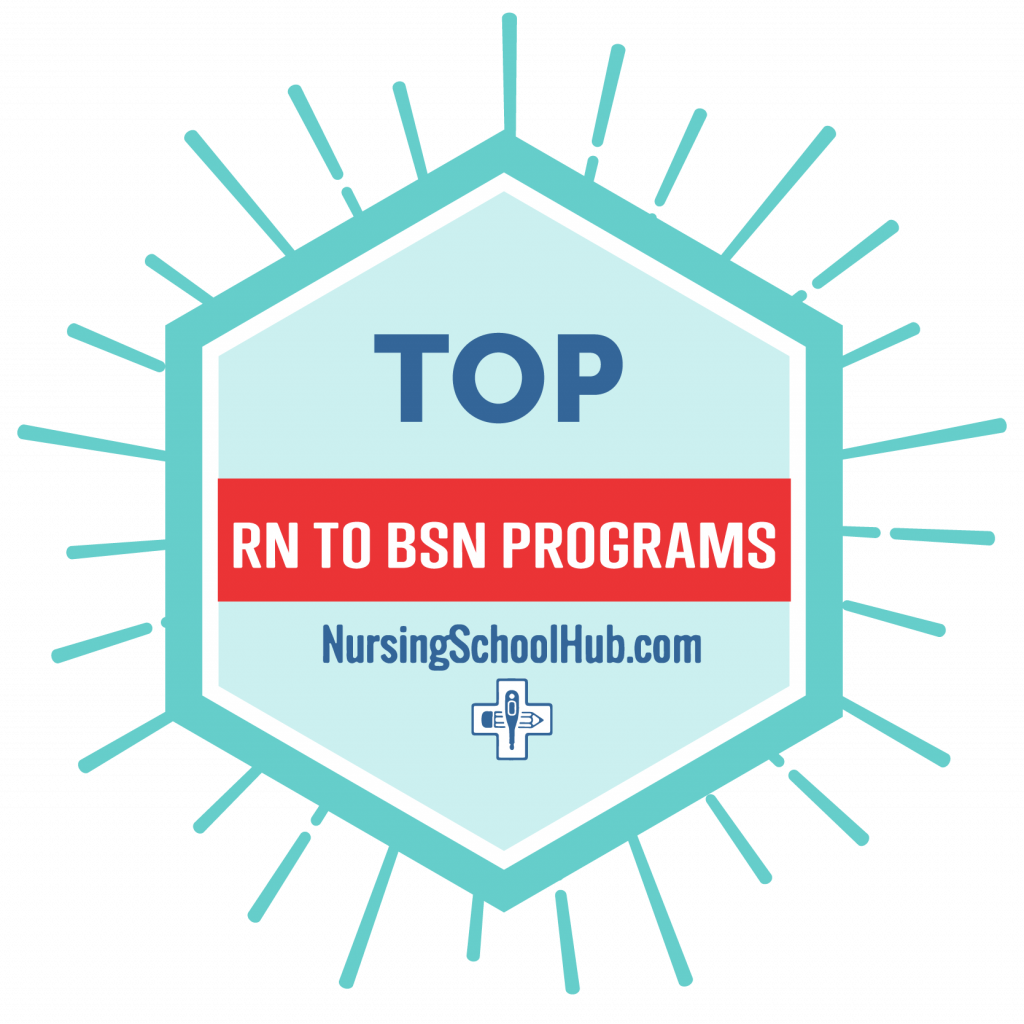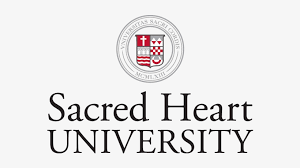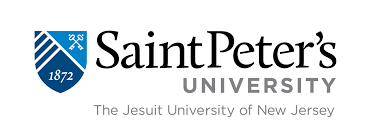
RN to BSN programs offer nurses an easy path to earn a bachelor’s degree in nursing to advance their careers. There’s always a demand for highly-trained professionals in the medical field. Nursing is one category where the demand for qualified practitioners continues to rise.
According to the US Bureau of Health Professions, nursing is one of the top 10 growth occupations, with an expected need of over one and a half million nurses within the next 7 years.
Top RN to BSN Programs
Featured Programs
The following RN to BSN programs were chosen from a field of hundreds of such programs. They are ranked in the areas of quality of the curriculum, scheduling flexibility, and cost. Some are 100 percent distance learning degrees, and some offer a combination of online and traditional classes.
They’re listed in no particular order, though each of them ranks highly at the top of nearly every list of accredited nursing programs by students and medical accreditation boards. All of these institutes of higher learning have a good reputation and a high level of services available to their students.
1. Sacred Heart University

Website: www.sacredheart.edu
Location: Main campus, 5151 Park Avenue, Fairfield, CT 06825
Enrollment: Sacred Heart University has 4,198 undergraduate students and a total enrollment of 6,249 students.
Accreditation: Commission on Collegiate Nursing Education, New England Association of Schools and Colleges.
Tuition: A tuition fee of $500 per credit hour for a total of 123 credit hours; financial aid is available.
Curriculum: The RN to BSN program has both a full on-campus and a fully-accredited online program; a minimum of 30 transfer credits are required for admission to this program. Students can also earn online certification in Home Health Care Management and Family Nurse Practitioner certification courses on-campus.
Unique Features: This program provides clinical leadership development and state-of-the-art facilities. Students are required to carry malpractice insurance.
2. Walden University

Website: www.waldenu.edu
Location: 155 Fifth Ave S Suite 100, Minneapolis, MN 55401
Enrollment: Total enrollment of 46,500 students from 145 countries.
Accreditation: Commission on Collegiate Nursing Education, The Higher Learning Commission; member of the North Central Association.
Tuition: A $300 tuition fee per quarter credit hour for 180 credit hours required for program completion. A $180 technical fee is assessed per quarter.
Curriculum: Fully online, evidence-based curriculum with great student support services.
Unique Features: Students will learn real-world applications on the job, advanced technical support, a 100-percent doctoral-preparation learning facility, course taught by nationally known scholars.
3. Drexel University

Website: www.drexel.com
Location: Attn: Applicant Services RN-BSN Program, 3001 Market Street, Suite 40
Philadelphia, PA 19104
Enrollment: Drexel University has 15,047 undergraduate students and a total enrollment of 24,860 students.
Accreditation: Commission on Collegiate Nursing Education
Tuition: $569.00 per credit hour for a total of 180 required quarter credits; financial aid is available.
Curriculum: This program offers both a 100-percent online or a blended online/on-campus alternative.
Unique Features: It’s ranked in the top 15th nationally by U.S.News and World Report and one of the top 10 up-and-coming online universities. There’s a special tuition plan for employees of health system partners and community colleges and discounted tuition for other member partners. RNs who have a bachelor’s degree in another field can apply for advanced studies for the Rn to MSN program.
4. St. Peter’s University

Website: www.saintpeters.edu
Location: Main Campus, 2641 John F. Kennedy Boulevard, Jersey City, NJ 07306
Enrollment: Total enrollment is 3,045, with 2,344 of that number in the undergraduate programs; the average class size is 16 students.
Accreditation: This university is fully accredited by the Middle States Commission on Higher Education and the Commission on Collegiate Nursing Education.
Tuition: The tuition is $730 per credit hour for undergraduate programs, $30,320 total tuition, plus housing and meal fees. Financial aid is used by 98-percent of the students in the undergraduate degree programs; the average award is $20,000 per year.
Curriculum: All programs at St. Peter’s are 100-percent on-campus. The RN to BSN transfer program offers the option of Evening Track courses, for degree completion in two years, or a Fast Track program for degree completion in 21 months.
Unique Features: St. Peter’s is the only Jesuit college in the State of New Jersey. Students must purchase and wear the approved St. Peter’s clinical attire, available through the program department. The school offers small class sizes, a high level of student services, and clinical experience.
5. Kent State

Website: www.kent.edu/nursing
Location: Main Campus, 108 Maac Dr., Kent, OH, 44242; College of Nursing, 113 and 216, Henderson Hall
Enrollment: Kent State has a total enrollment of 42,185 undergraduate and graduate students.
Accreditation: This program has accreditation from the Ohio Board of Nursing, the State of Ohio Board of Nursing, and the Accreditation Commission for Education in Nursing
Tuition: The tuition for the BSN program is $447 per credit hour for 122 total credit hours and 39 upper-division hours for graduation. There’s also a $75 per semester program fee assessment. Financial aid and scholarships are available.
Curriculum: They offer a blended BSN/MSN program and the option of participating in online or on-campus degree programs.
Unique Features: Kent State has the largest nursing degree program in the country. Kent State has a total of nine regional campuses, with the main campus located in Kent, Ohio. Graduates of this program have an NCLEX pass rate of 95-percent of the national average.
Why Should I Get a BSN?
Obtaining an advanced nursing degree is an investment in yourself. It allows you to keep current on the latest trends and technology in this sector. Also, a BSN shows current and prospective employers that you’re serious about your career and the level of care you provide. It boosts your confidence in yourself and instills confidence toward you your patients and co-workers.
What is the Job Outlook for Nurses?
The Bureau of Labor Statistics of the U.S. Department of Labor predicts a 36 percent growth rate for medical careers within the next 10 years. The AACN and the ANA now recommend a BSN as the minimum standard for those entering the nursing field.
What is the Average Salary for an RN with a BSN?
An advanced nursing degree provides many opportunities. Nurses interested in other sectors can work in research, administration, and specialized areas of medicine. Degreed nursing professionals can expect an average salary increase of about $15,000 per year over non-degree holders in the same field.
Can you Get a BSN Online?
The option of distance learning, or online degree programs, has risen in esteem in recent years, as more stringent accreditation standards are in place and highly-respected brick and more prestigious brick and mortar colleges have realized the benefit of providing this option to students. They are more cost-effective for the institutes and their students, and they allow practicing nurses to continue working while advancing their education.
Related: